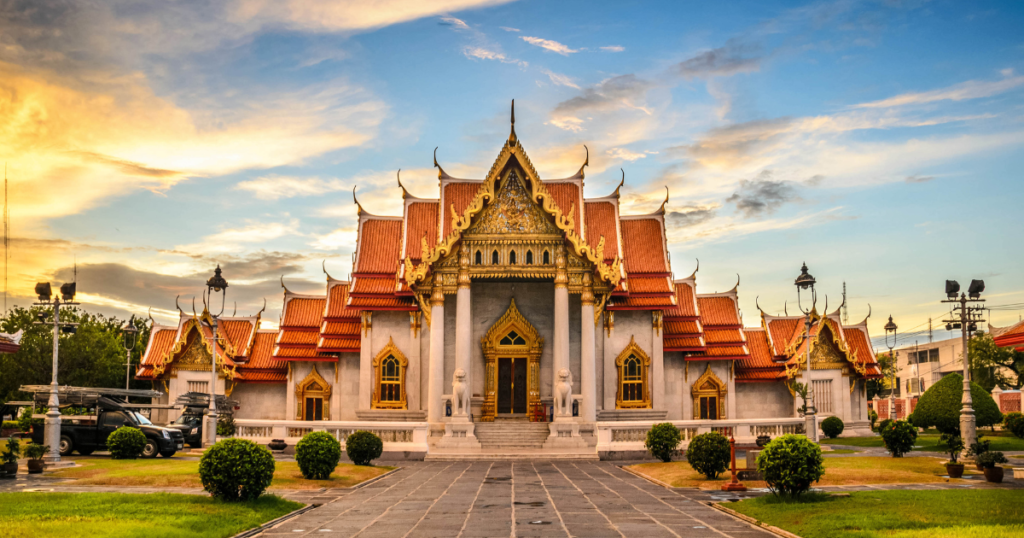The culture of Thailand was, say, 50 years ago something of a throwback to much earlier times when the Kingdom was affectionately called “The Land of Smiles.” Of course, much has changed since then, but the charm of this country still stands out.
In fact, many cultural attributes remain basically intact although perhaps a bit faded and less interesting to the younger generation of Thais. Amongst these surviving themes are the Thai folktales and stories derived from the Ayutthaya Period which flourished from (roughly) 1300 to 1760. These boran (โบราณ or ancient) tales, even today, provide the fodder for many popular Thai soap operas, particularly the ones whose story lines weave in-and-out of the past and present.
However, I find that many modern college/high school students are not familiar with older, well-known Thai folktales, even though their parents – and certainly their grandparents will know these. It is a pity that these are not being passed down, either through the families or through taught subjects in school. Many, if not most, of these folktales have a moral lesson (e.g. the problem with deceit, not to be greedy, etc.) and therefore have great teaching value.
I found that Thai folktales and “local sayings” were a great resource for subject material and included ten such instances in To Hunt a Holy Man, often in the form of stories told by Major Siriwongdee, “Pip,” to educate her unwilling partner, the story’s hard-case protagonist, Lt. Frank Coltrane.
During the research phase for the novel, I consulted with Professors Siraporn Nathalong and Surapeepan Chatraporn at Chulalongkorn University, Bangkok for their advice and guidance in the use of Thai Folklore in a modern work of fiction. They also reviewed portions of the manuscript that concern Theravada Buddhist practices and liturgy. Professor Siraporn’s books, Thai Folklore: Insights into Thai Culture and Creative Folklore in Thailand Today were very instructive.
Another issue I faced during the research phase was the romanization of Thai words and expressions into easily readable English phonetic equivalents. Given the extensive use of Thai romanization in the novel, this was not a minor undertaking. Professor Norman Mangnall of Thammasat University, Bangkok, provided a great deal assistance in the proper rendering of Thai words and phrases into English phonetics.
All that said, I’d be very interested to know what the readers think of the inclusion of Thai folktales into the story – does it “work”? Or is it distracting? Also, I’d really like to hear about the romanization of the Thai language. My hope was that it was not too much, and provided a large degree of realism and authenticity to the story. I’m debating whether or not to do a similar delivery in my next novel, also set in Thailand. What do you think?

